Introduction
In recent years, the health care sector has witnessed a profound transformation, driven by the integration of informatics. Informatics, the application of information and communication technology to healthcare, has revolutionized the way medical professionals deliver care, manage patient information, and make data-driven decisions. This article explores the multifaceted impact of informatics on the health care sector, discussing its implications for patient care, efficiency, data management, and the future of healthcare.
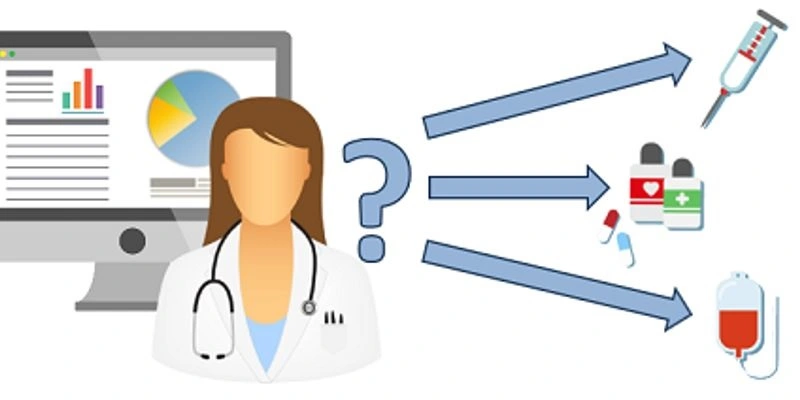
- Enhanced Patient Care and Clinical Decision-Making
1.1 Electronic Health Records (EHRs)
Electronic Health Records (EHRs) have emerged as a cornerstone of informatics in healthcare. EHRs are digital versions of patients’ paper charts, containing comprehensive information about their medical history, diagnoses, medications, and treatment plans. The adoption of EHRs has led to significant improvements in patient care, including:
a. Accessibility: EHRs are accessible to authorized healthcare providers, ensuring that patient information is available whenever and wherever it is needed.
b. Interoperability: EHR systems facilitate the sharing of patient records among different healthcare facilities, allowing for seamless transitions of care.
c. Clinical decision support: EHRs offer real-time clinical decision support tools that help physicians make more informed and accurate diagnoses and treatment decisions.
1.2 Telemedicine and Remote Monitoring
Informatics has also fueled the growth of telemedicine and remote monitoring. Telemedicine allows patients to access healthcare services remotely, which has proven crucial in situations like the COVID-19 pandemic. Additionally, remote monitoring devices, such as wearable technology and mobile apps, enable continuous data collection and analysis, providing early warnings and personalized care for chronic conditions.
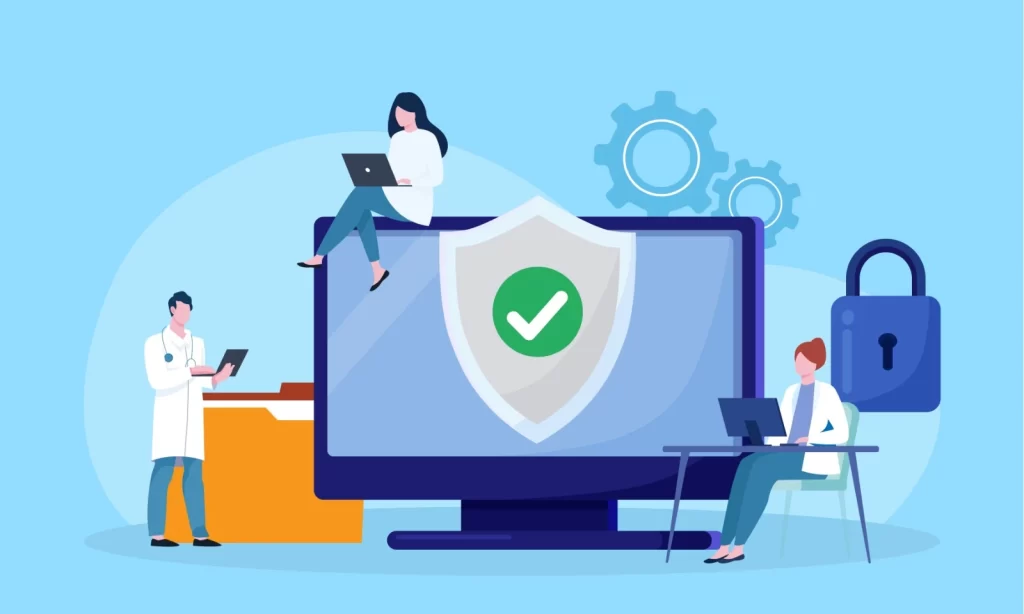
II. Improved Efficiency and Reduced Costs
2.1 Streamlined Workflows
Informatics optimizes healthcare workflows, reducing administrative tasks and minimizing redundancies. Automated appointment scheduling, billing processes, and inventory management have helped healthcare facilities operate more efficiently and allocate resources effectively.
2.2 Big Data Analytics
Healthcare organizations are increasingly leveraging big data analytics to extract valuable insights from vast amounts of healthcare data. By analyzing patient records, clinical trial results, and epidemiological data, informatics empowers healthcare professionals to make evidence-based decisions and predict disease outbreaks.
2.3 Telehealth and Cost Savings
Telehealth services offer significant cost savings by eliminating the need for physical infrastructure, such as waiting rooms and administrative offices. Reduced travel costs and hospital readmissions also contribute to economic benefits, making healthcare more affordable for patients and healthcare systems.
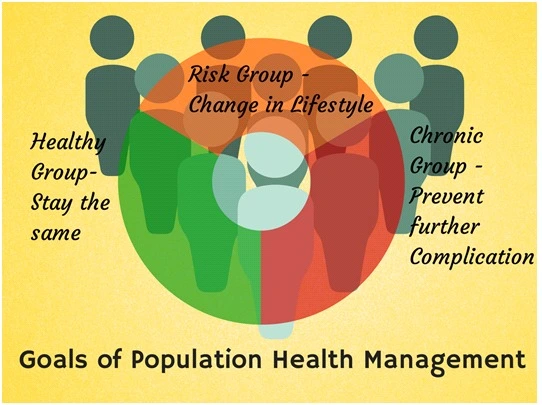
III. Enhanced Data Management and Security
3.1 Data Standardization
Standardization of healthcare data is critical for information exchange and interoperability. The adoption of standardized coding systems, such as SNOMED CT and LOINC, ensures consistency in data representation across healthcare settings, which simplifies data management and sharing.
3.2 Data Security and Privacy
With the digitalization of healthcare data, the need for robust data security and privacy measures has become paramount. Informatics has led to the implementation of encryption, authentication, and access control protocols to safeguard patient information and comply with regulations like the Health Insurance Portability and Accountability Act (HIPAA).
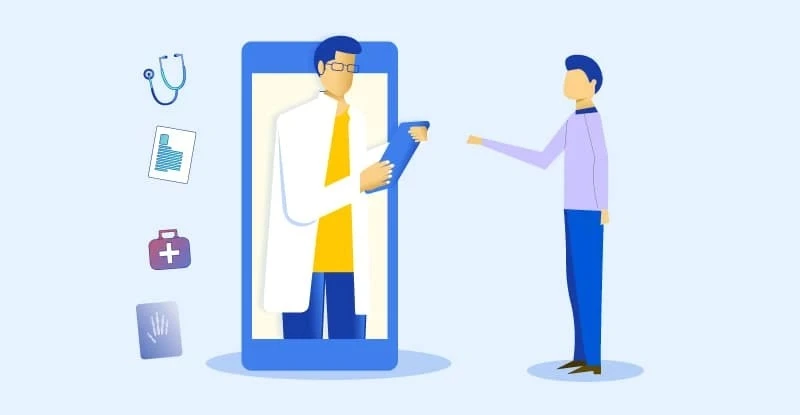
IV. The Future of Healthcare: AI and Machine Learning
4.1 Artificial Intelligence (AI)
AI and machine learning are transforming healthcare by revolutionizing diagnostics, drug discovery, and personalized medicine. AI algorithms can analyze vast datasets, detect patterns, and predict patient outcomes with remarkable accuracy. Chatbots and virtual assistants are also being employed for patient engagement and monitoring.
4.2 Genomic Informatics
Genomic informatics combines genetics and informatics to advance personalized medicine. The analysis of an individual’s genetic makeup helps in tailoring treatment plans and medication choices to a patient’s unique genetic profile, ultimately improving therapeutic outcomes.
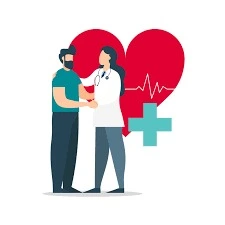
V. Challenges and Ethical Considerations
5.1 Data Privacy and Security
While informatics brings numerous advantages, it raises concerns about the privacy and security of patient data. Health institutions must invest in robust cybersecurity measures and ensure that patients’ personal information remains confidential.
5.2 Digital Divide
The digital divide, or disparities in access to healthcare technology, can exacerbate existing healthcare inequalities. Ensuring equitable access to informatics tools is essential to avoid leaving vulnerable populations behind.
5.3 Ethical Concerns
The use of AI in healthcare poses ethical questions about bias, transparency, and decision-making responsibility. Ethical frameworks and regulations must be developed and enforced to address these issues.
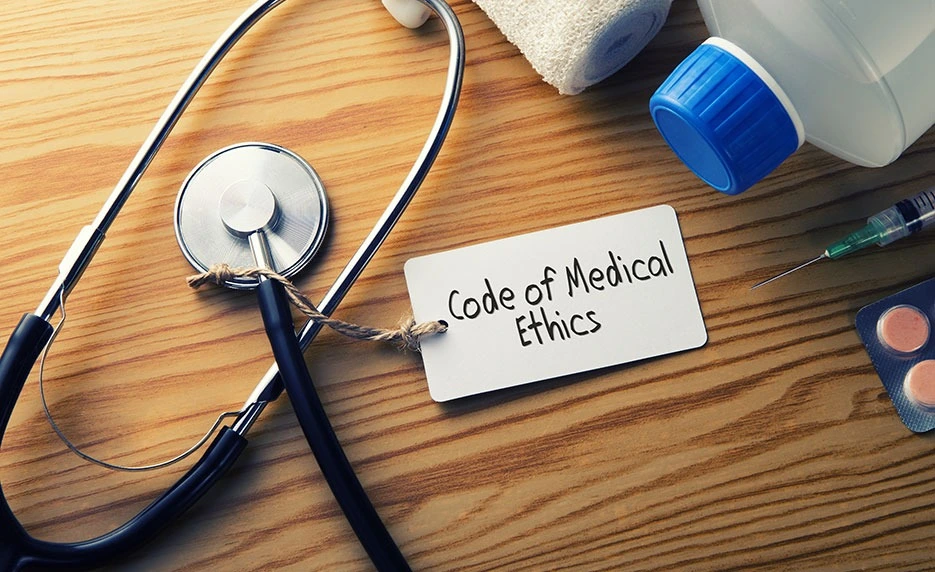
VI. Population Health Management
6.1 Predictive Analytics
Informatics plays a crucial role in population health management by enabling predictive analytics. Healthcare organizations can use informatics tools to identify at-risk populations, forecast disease outbreaks, and allocate resources more effectively. This proactive approach helps in preventing diseases and reducing the burden on healthcare systems.
6.2 Public Health Surveillance
Public health agencies use informatics to track and respond to disease outbreaks and public health threats. By analyzing data from various sources, including EHRs, social media, and environmental sensors, informatics aids in early detection and rapid response to health crises.

VII. Patient Engagement and Empowerment
7.1 Health Information Portals
Informatics has given rise to health information portals and patient portals. Patients can access their health records, test results, and educational resources online, empowering them to actively engage in their healthcare decisions.
7.2 Wearable Technology
Wearable devices and mobile health apps have become instrumental in patient engagement. These technologies allow individuals to monitor their health, track fitness goals, and receive real-time feedback. The data collected from wearables can also be integrated into EHRs for a more comprehensive view of a patient’s health.
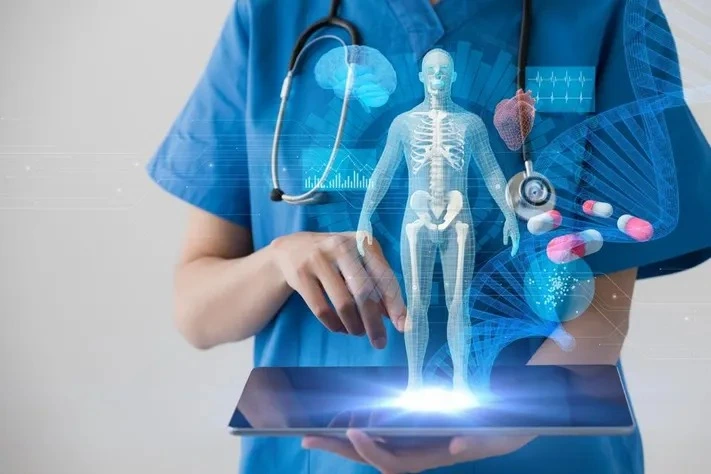
VIII. Education and Training
8.1 Medical Informatics Education
The field of medical informatics has grown, and it is essential to educate healthcare professionals about the use of informatics tools and technologies. Informatics education programs are designed to train doctors, nurses, and other healthcare professionals in using EHRs, data analytics, and telemedicine effectively.
8.2 Simulation and Virtual Reality
Medical training has benefited from informatics through the use of simulation and virtual reality (VR). Medical students and practitioners can engage in realistic training scenarios to enhance their diagnostic and surgical skills, ultimately improving patient care.
IX. Global Health and Telemedicine
9.1 Global Health Initiative
Informatics has a significant role to play in global health efforts. Telemedicine and the ability to share medical expertise across borders have enabled healthcare professionals to assist patients in underserved regions. Additionally, informatics tools aid in tracking and combating global health challenges like pandemics and epidemics.
9.2 Cross-Border Health Information Exchange
Informatics has facilitated cross-border health information exchange, making it easier for patients to receive care and treatment in different countries. This exchange of health information is vital for travelers and expatriates who may require medical services in foreign nations.
Conclusion
The impact of informatics in the healthcare sector is profound and multifaceted, extending into areas of population health management, patient engagement, education, and global health. It has transformed the way healthcare is delivered, making it more patient-centred, efficient, and data-driven. As the field of informatics continues to evolve, it holds the promise of further innovations that will shape the future of healthcare, improving patient outcomes and public health on a global scale. However, it is essential to address challenges related to data security, access, and ethics to ensure that these advancements benefit everyone in a fair and equitable manner. The integration of informatics into the healthcare sector has brought about a digital revolution with profound implications for patient care, efficiency, data management, and the future of healthcare. The enhanced accessibility of patient records, streamlined workflows, and data-driven decision-making have revolutionized healthcare delivery. As informatics continues to advance, it is essential to address challenges related to data privacy, the digital divide, and ethical considerations to ensure that the benefits of this digital revolution are accessible and equitable for all. The future of healthcare is increasingly reliant on informatics and promises a more efficient, personalized, and data-driven approach to patient care.

